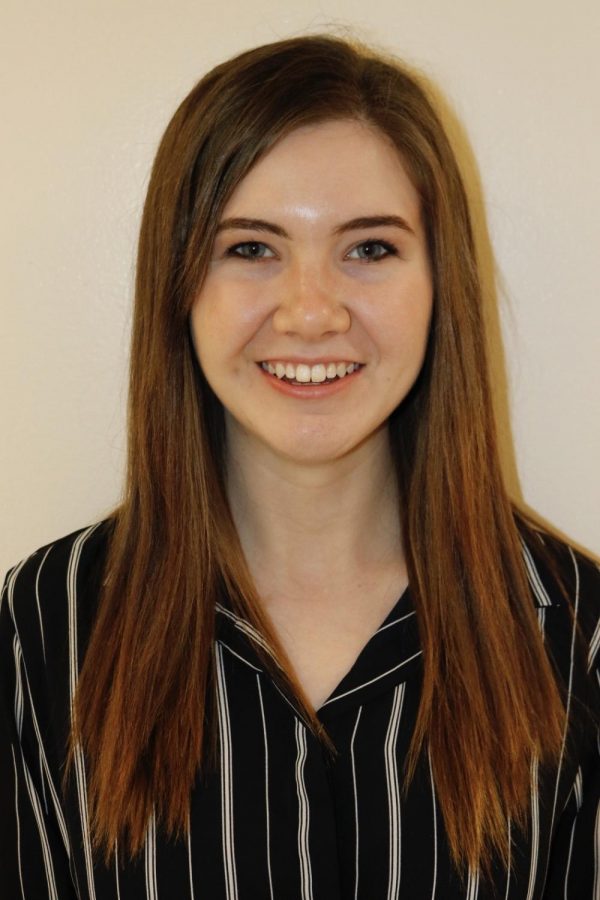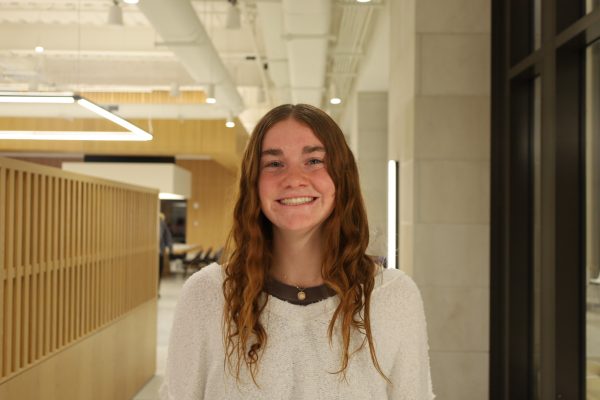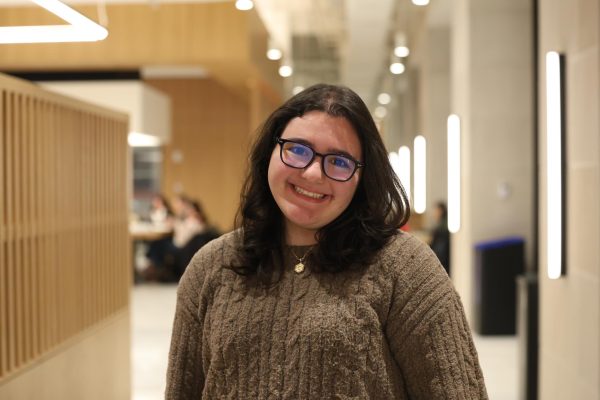Confessions of a Copy Chief
“Nobody knows everything — one of the pleasures of language is that there is always something new to learn — and everybody makes mistakes,” said former New Yorker copy editor Mary Norris in her first book, “Between You & Me: Confessions of a Comma Queen.” I think I speak for everyone on the Ram when I say that we have all experienced this at one point (or two, or three) during our times here. As a senior and first-time staff member, my time with The Fordham Ram has been shorter than others’, but as I near the end of it, I know it has been just as fruitful as my peers’ experiences.
I started as a regular copy editor for Volume 100 and with no intention to write. My prior newspaper experience included being one of two editors for a dismal high school paper, and I had vowed never to work in journalism again. However, when I joined the copy table — a whole team of copy editors who valued grammar as much as I did — I revoked that promise quicker than you could type out an em dash. In copy editing, I found a passion and a skill that I will make a career of.
As the year went by and my editing skills increased, so, too, did my interest in the craft of writing and different grammatical styles and standards. While accepting the rules of AP style hasn’t been the most pleasant task, my understanding of what makes for good journalism, both ethically and linguistically, makes me all the more excited for coming to the copy table each week. And while I wouldn’t trade my role as copy chief for the world, it didn’t come without its own challenges: There have been late nights, news and sports articles to read outside of regular hours, personal pressures to meet your own standards and the frustration of seeing a mistake slip through after production is done.
But I love the challenge. It’s what keeps me going, grounded and forever learning, as Mary Norris would say. Love isn’t easy, and it shouldn’t be. In love, you are not always right, and you will sometimes have to look to others (or the AP Stylebook itself) for the answers. Love is as humbling as it is empowering, as nerve-wracking as it is calming. I fell hard and quickly for the Ram in all aspects: the editing, the writing and the people I’ve met and learned from.
Fordham offers many classes of interest from classical Latin poetry to the interdisciplinary study of disgust through literature and psychology.
Yet, no matter how fascinating I have found my classes, the lessons I have learned through the Ram are not what I have found in any English course.
Without this paper, never could I have discovered the differences between hyphens, en dashes and em dashes or the term “stet” and other proofreading symbols; nor could I have had the opportunity to interview pop-singer Kim Petras as well as Bronx residents, allowing me to engage more with the Fordham area.
Involving myself with a team as strong as the Ram’s motivated me to get out of my comfort zone. I find that my, at times, nitpicky editing instills in me a fear of writing and having to face my own mistakes. Fearful writers, let people edit your work. It is the only way to grow, and, more often than not, your insecurities are unwarranted. My gratitude for the editorial assistance, specifically the help I receive from our culture editors, is overwhelming.
If I could sum up my experience, The Fordham Ram became a home where I have learned to grow into a better version of myself — professionally, interpersonally, linguistically, mentally and more.
In life, I, as well as many others, find myself wondering if I am enough and wanted. The Ram has given me senses of purpose and belonging and a type of confidence I never before had the pleasure of owning.
As I move onto future endeavors, the strengths the Ram has given me will never falter. Thank you for having me as copy chief, and thank you for allowing me to learn with you all.
Copy Chief for Volume 101.












































































































































































































Nandini • Sep 25, 2019 at 11:50 pm
Gratitude for how you have grown up professionally proves a better version of yourself. Keep it up.